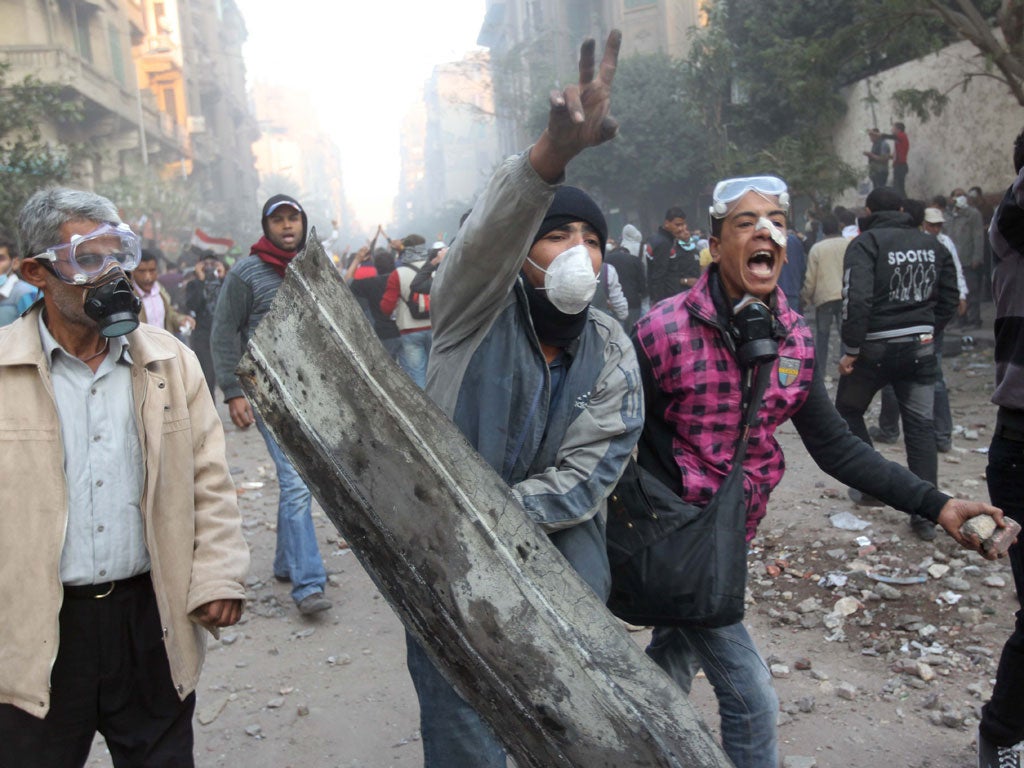Lesson one: when citizens hit the streets don't kill them
FreeView from the editors at i

You would think the Arab Spring playbook would be well enough thumbed by the region's key players that they could avoid repeating their mistakes.
Not in Egypt, where the Supreme Council of the Armed Forces – which has proved roughly as unpleasant as Hosni Mubarak, and in some respects worse, in the months since the former president's departure – has managed to engineer a situation which now seems likely to end in its downfall. Here's what not to do, should you ever find yourself in a situation where protesters take to the streets to express their anger at your intransigence: don't start killing them.
This demonstration was in danger of fizzling out on Friday, the same day it began. Then the army started shooting people. Last night, as a direct result of that shocking brutality, there were 100,000 or more in Tahrir Square. The anger seems to have moved, just as it did last time around, from the politically engaged to inflame the general population. And Egypt's new rulers have only themselves to blame.
It's simple. Don't kill people. It seems simple to me, anyway – but then, a lot of other things have seemed simple to me and not to dictators over the past nine months, like: if you're incredibly rich and have been in power for decades, why not just retire somewhere nice (Venezuela will almost certainly take you in) and let your people get on with ruling themselves? Hell, if I had that option I'd take it now, and I don't even have a nation baying for my blood. But such blindingly obvious moves do not appear to be in the typical dictatorial repertoire – and in Cairo, the dictator's successors seem to be no wiser.
The distinctions from Libya are instructive. In Libya, power really was vested in one man and a tight coterie of supporters whose own fates were bound to his; in Libya, the development of a full-scale civil war led inexorably to the construction of an alternative leadership. In Egypt, on the other hand, Mubarak was expendable, and no new generation of political leadership had emerged. And so the SCAF looked at the options, and decided they preferred the idea of running things without their president to the idea of going down alongside him.
That instinct for self-preservation has ultimately proved over-developed. Now things have gone too far for the SCAF to survive. There is one more blindingly obvious option left: go now. Cede power to a meaningful civilian leadership immediately. It's the same conclusion that was available to Mubarak. If past experience is anything to go by, then, it may be some time until it comes to pass.
Join our commenting forum
Join thought-provoking conversations, follow other Independent readers and see their replies
Comments